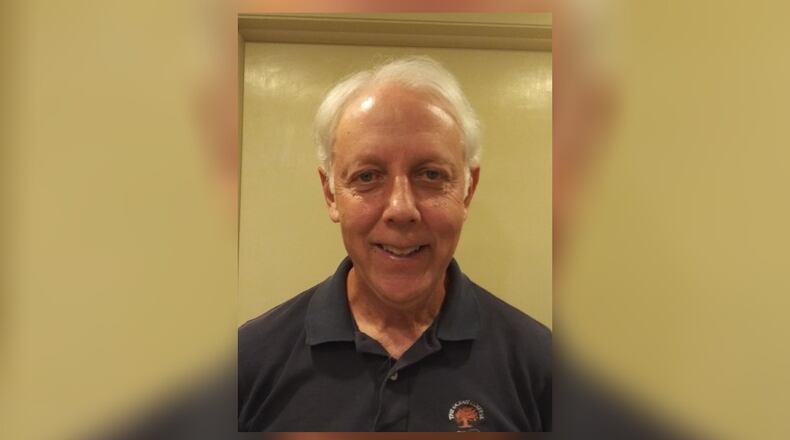During and after the genocide, many Tutsis hid in desperation or fled the country. Some made their way to other African nations, and some eventually landed in Europe and the United States, including Dayton, Ohio. Churches in our city, including Emmanuel Catholic Church, welcomed Rwandan families and enabled them to rebuild their lives, providing food, shelter, and job and educational opportunities. Although there were significant challenges in adapting to a new culture and language, most succeeded in workplaces and schools. I have had the privilege of knowing and teaching the children of three Rwandan families in our area at Chaminade Julienne H.S. First came Emmanuel (severely wounded during the onslaught) and Leocadie with their children Danielle and Rudy. Then came Dismas and Asterie, with their children Didier, Joseph, and Michelin. More recently, Eugene and Alice brought Laurien, Gislan, and Geno. When I asked Eugene (whom I tutor) why he came, he told me that he wanted his children to receive a good education.
My Catholic parish, Holy Angels, has had a “twinning” relationship with Rwaza parish in Ruhengeri, Rwanda, for about twelve years. In 2017, a group of seven of us, including the aforementioned Leocadie, visited her home country. It was a highly moving experience, especially to be with her as she returned to her village, her school, her church, and her relatives’ homes. The people of Rwanda welcomed us graciously everywhere. We visited places where people died in great numbers and places where acts of heroism saved lives.
Kurt Horner, a member of our parish group, has returned to Rwanda about once a year and has developed many healthy relationships there. Recently, Bridget Federspiel, a Stivers social studies teacher, has developed education projects by touring Rwanda with Carl Wilkens, the only American citizen who stayed there during the entire genocide to help protect endangered families and the children in a nearby orphanage. In May, Wilkens spoke inspiringly at Sinclair Community College about his experiences 30 years ago and since.
Thousands of great books have been written about the WW II experience. Regarding Rwanda (and Burundi) I recommend Wilkens’s I’m Not Leaving, Immaculee Ilibagiza’s Left to Tell, Philip Gourevitch’s We Wish to Inform You That Tomorrow We Will Be Killed with Our Families, and Tracy Kidder’s Strength in What Remains. These books can help anyone to reflect on this massive tragedy by focusing on individuals who survived it. And they can help us learn about the conditions in our contemporary world which are leading to more human destruction.
Jim Brooks is a retired high school English teacher who writes, coaches tennis, and tutors immigrants.
About the Author

